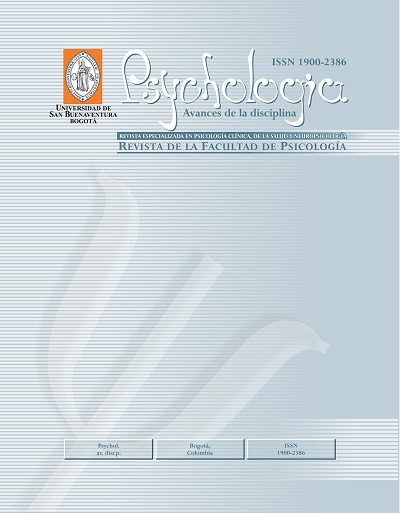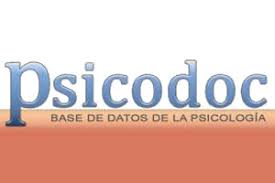Esta revista proporciona un acceso abierto inmediato a su contenido, basado en el principio de que ofrecer al público un acceso libre a las investigaciones ayuda a un mayor intercambio global de conocimiento.
Por tanto se acoge a la Licencia Creative Commons 4.0 Atribuciones Reconocimiento – NoComercial – CompartirIgual (by-nc-sa): No se permite un uso comercial de la obra original ni de las posibles obras derivadas, la distribución de las cuales se debe hacer con una licencia igual a la que regula la obra original.
http://creativecommons.org/licenses/by-nc-sa/4.0/
Resumen
El síndrome de Morquio B es una enfermedad rara y de baja prevalencia, por lo cual poco se ha estudiado so- bre el funcionamiento neuropsicológico y estado cognitivo de quienes lo padecen. Este estudio de caso presenta los resultados del funcionamiento en atención, memoria, lenguaje, gnosias, praxias y funciones ejecutivas de un adulto co- lombiano diagnosticado con este síndrome. Se encontró que el paciente puede adquirir nuevo conocimiento; muestra memoria visoespacial y de trabajo verbal conservadas; repite, lee y escribe información sencilla que es conocida para él; sigue órdenes simples a partir de comandos verbales; muestra habilidades visoperceptuales y grafomotoras; tiene un desarrollo normal de pensamiento abstracto y asociativo, y es capaz de planear y solucionar problemas. Sin embargo, presenta dificultades en atención visual sostenida, atención audio-verbal, velocidad de procesamiento, lenguaje comprensivo, repetición y escritura al dictado de frases completas, flexibilidad cognitiva, y fluidez verbal semántica y fonológica. Se discute como factores más relevantes del funcionamiento cognitivo del paciente la relación entre el síndrome de Morquio B y la gangliosidosis GM1, y la falta de entrenamiento en el manejo de información de alta complejidad, dada su condición de desescolarización.
Palabras clave: Síndrome de Morquio B, MPS IV-B, enfermedades raras, evaluación neuropsicológica, mucopolisacaridosis






















